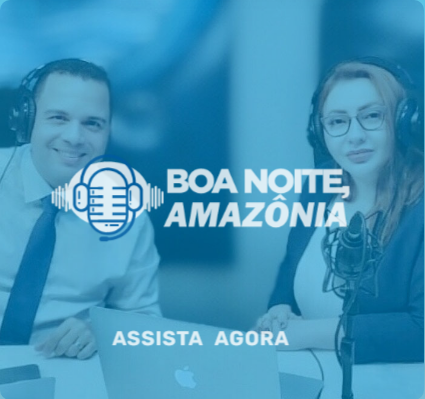Cassandra Castro – from Cenarium
BRASILIA (DF) – Indigenous leaders from Roraima debated, this Monday, 30, the thesis of the Temporal Milestone that began to be judged last week by the ministers of the Supreme Court (STF). The debate was mediated by federal lawmaker Joenia Wapichana (REDE-RR) and included the participation of six indigenous leaders.
Quoting the phrase “Our history doesn’t begin in 1988”, often repeated during the indigenous mobilization “Fight for Life”, which took place last week in Brasilia, the leaders reiterated the importance of the recognition of the constitutional right to land use, guaranteed to indigenous people by the Constitution of the Federative Republic of Brazil (CRFB).
The representative of the Indigenous Council of Roraima (CIR), Edinho Batista, said that the thesis of the temporal mark wants to “create rules above an original people, a people that is the root of this land. When Brazil was ‘invaded’ in 1500, the indigenous people were already here. He highlighted the importance of the homologation and demarcation of indigenous lands, giving the example of the Raposa Serra do Sol Indigenous Territory. “We live more tranquil, we are raising animals, planting, giving quality of life to our children and our grandchildren”, he stressed.
Marcello Macuxi, from the General Coordination of the Association of Indigenous People of the São Marcos Indigenous Land, was emphatic in affirming that the indigenous people will not give up their space. “We are not going to negotiate rights. There are relatives that today live on the side of the road and we are alert to other threats to our land, as is the case of PDL28, which wants to take back 1,900 hectares of land from the São Marcos Indigenous Land”.
The representative of the indigenous youth of Roraima, Paulo Ricardo, was direct when commenting on the trial of the thesis of the temporal mark, scheduled to continue on Wednesday, September 1st. “Let them enforce what is written in the Federal Constitution. The tuxaua Cícero Perez, from the Anaro Indigenous Land, in the region of Amajari (RR), strongly believes that the ministers will recognize the rights that the indigenous people have. He lives in an area that to this day depends on a judicial decision to be officially recognized as indigenous land.
“Indigenous Favelas”
The debate participants also commented on the statement made by President Jair Bolsonaro (no party), on Monday, 30, at the exit of the Alvorada Palace. Bolsonaro reportedly said that the demarcations have finished with Roraima and created a favela of indigenous people.
“They finished with Roraima with those demarcations, right? They finished with Roraima. Is there an indian favela there?”, Bolsonaro questioned. After one of his supporters affirmed, he continued: “They took the Indian away from his place.
Amarildo Mota, a leader of the Serras region, said that, in fact, the so-called “favelas” about which the president spoke are from the many gold miners who invade indigenous lands bringing alcoholic beverages and prostitution. “We work in our territories against mining, contamination of rivers, streams, degradation of the environment, while the miners only bring destruction. For the indigenous youth representative, Paulo Ricardo, what is killing Roraima is corruption.
Compartilhe:
Comentários



